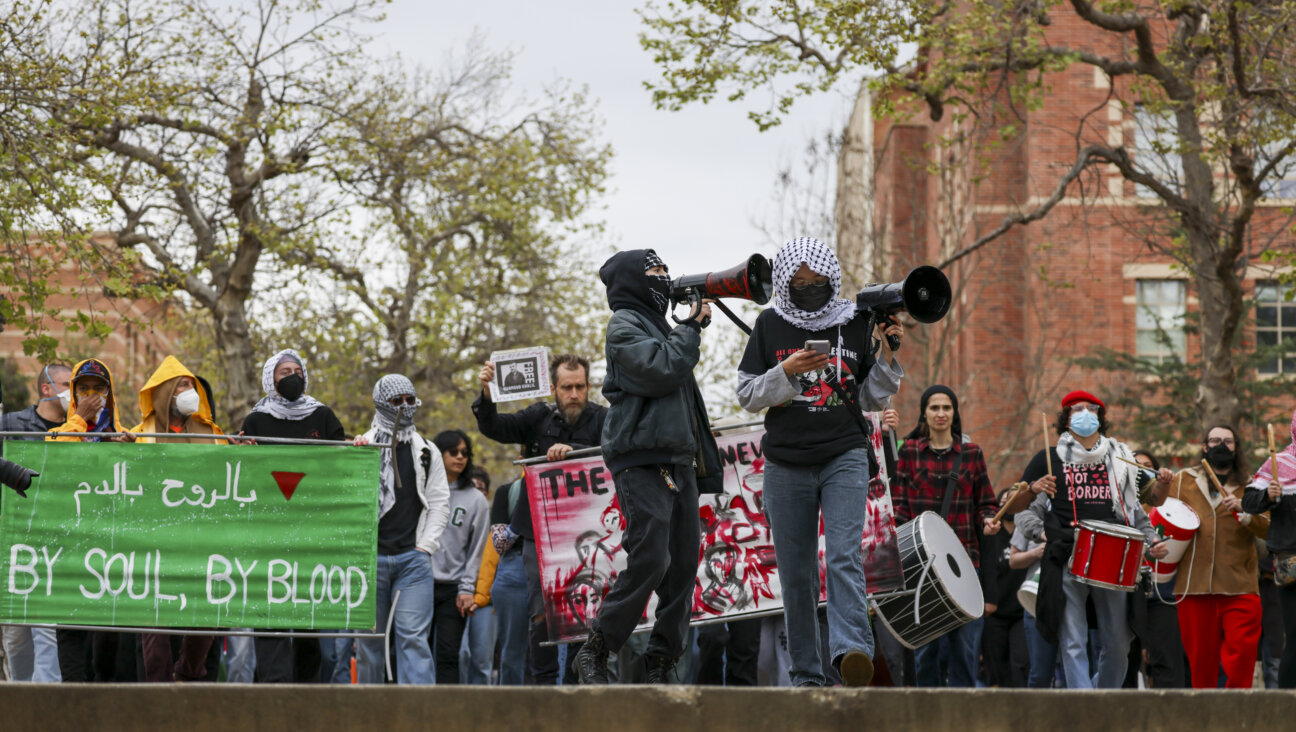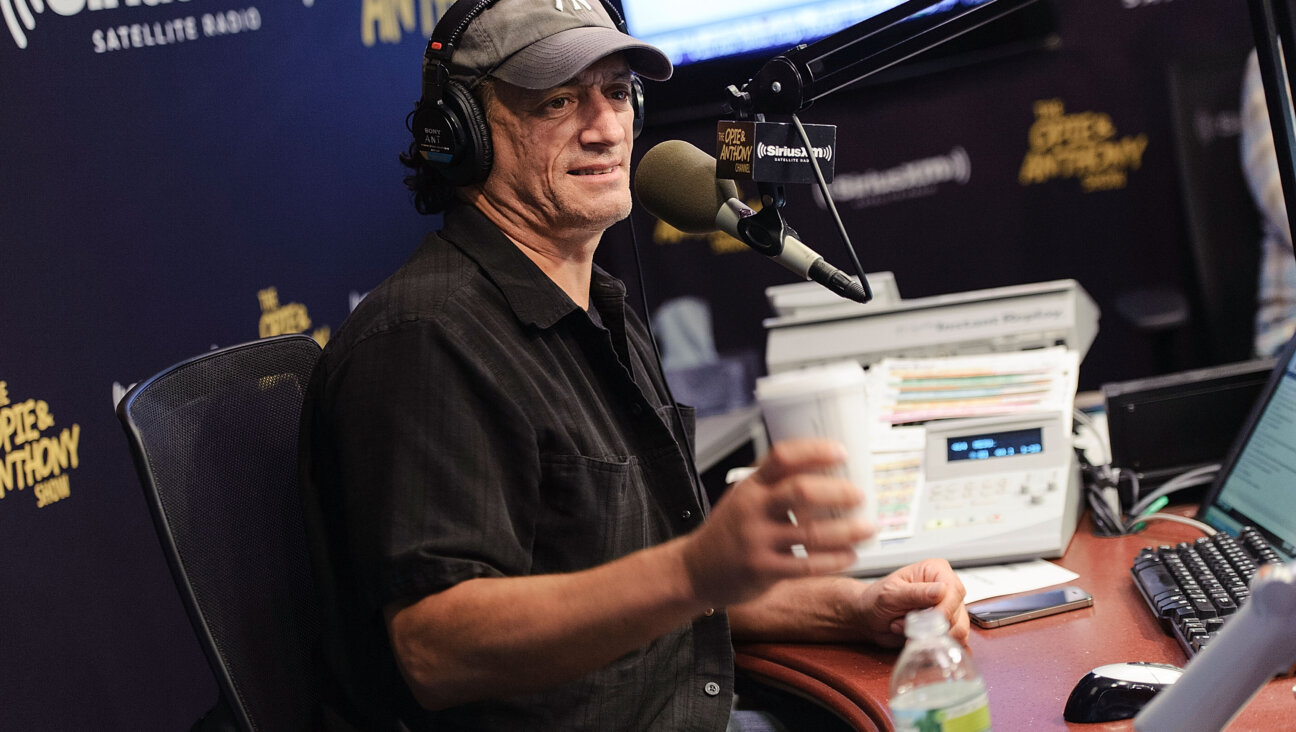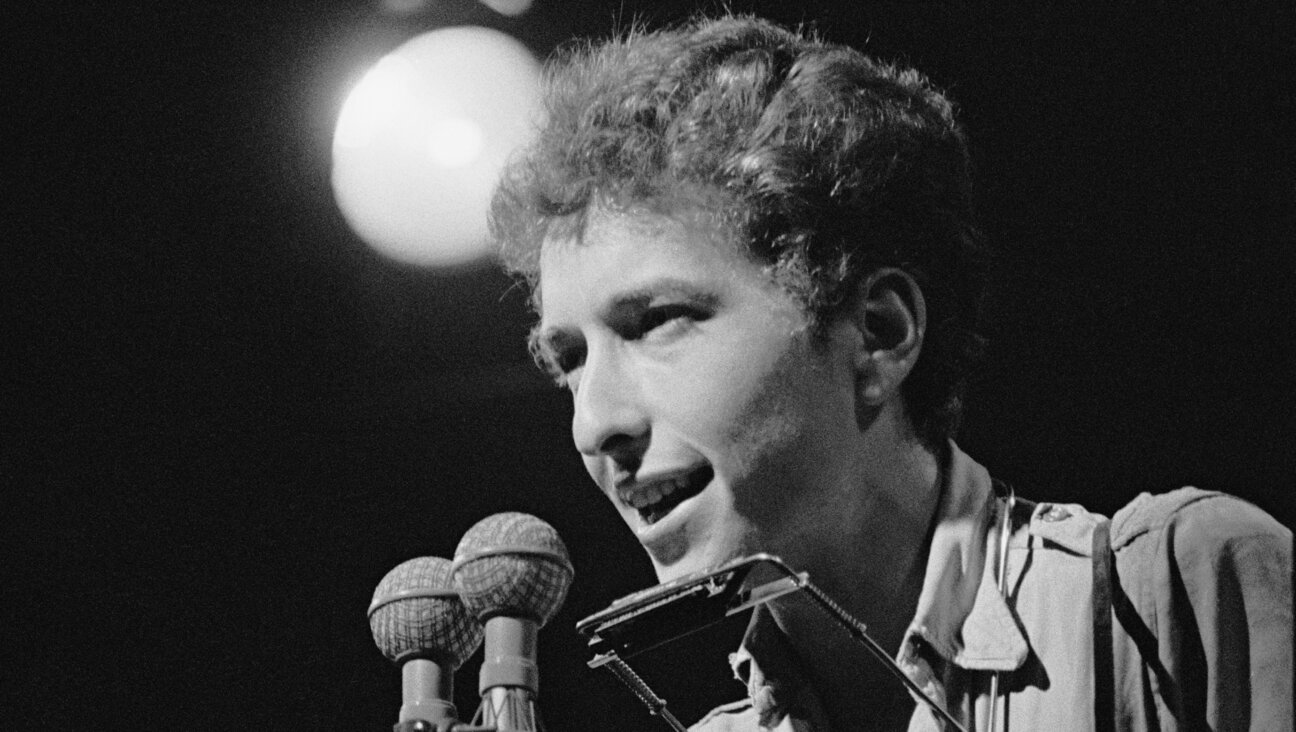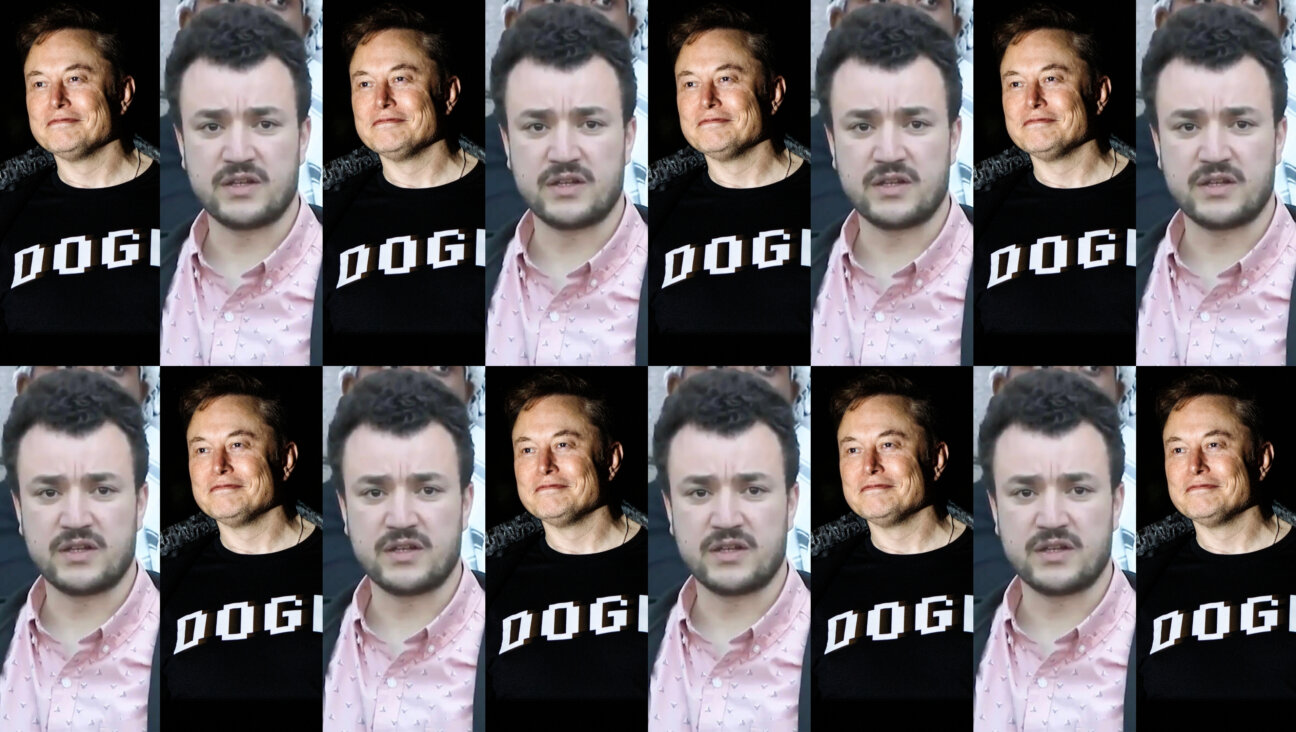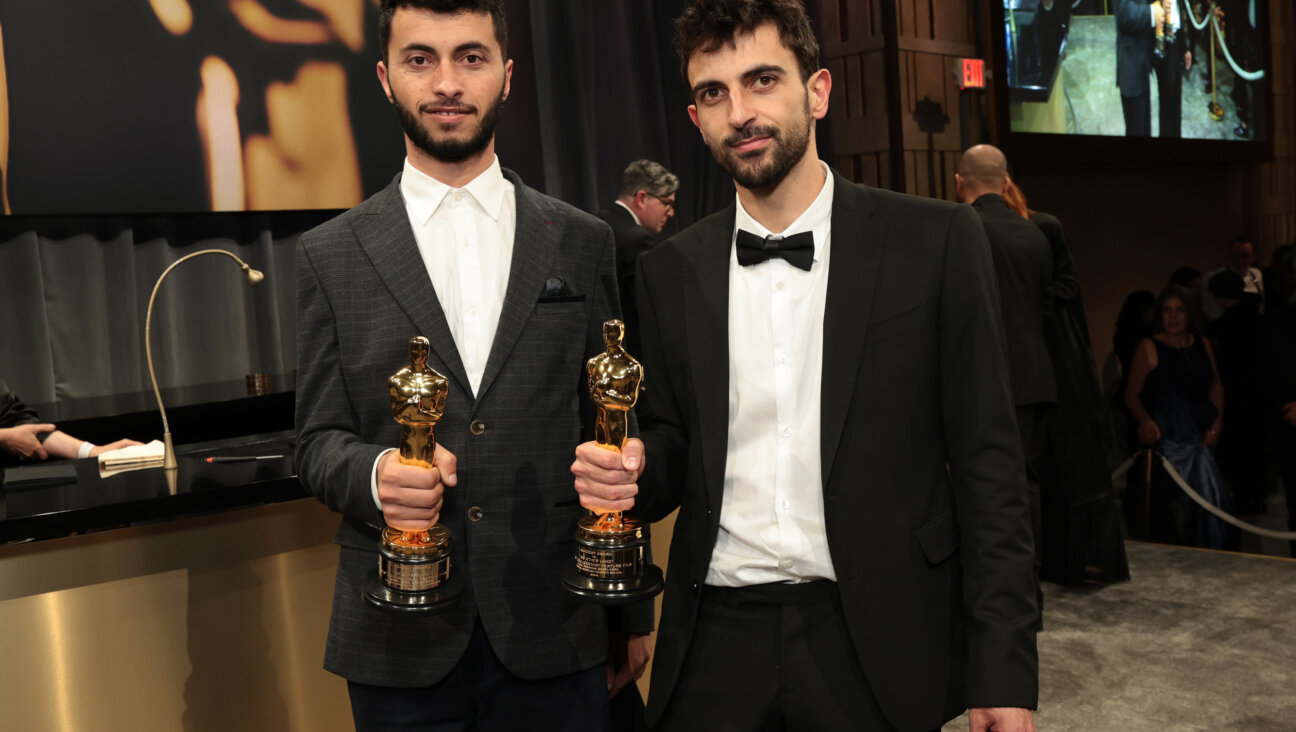MACCABIAH GAMES
BASKETBALL
Herb Brown
Herb Brown exemplifies a long and distinguished basketball tradition: the Jewish coach.
Joining the ranks of such legends as Arnold “Red” Auerbach, longtime coach of the Boston Celtics, and William “Red” Holzman, onetime coach of the New York Knicks, Brown has kept the tradition alive by teaching the X’s and O’s of basketball to countless young players during his 40-plus years in the game, including stints in the NBA and as the head coach of a number of amateur squads.
Brown, whose team took home the gold medal in the ’97 Maccabiah Games and the bronze in ’01, is looking to bring the United States squad back to the top of the podium this time around, despite what he sees as a number of strong challengers.
“The Israeli team is strong again this year. Canada won gold in 2001, and Great Britain won silver,” Brown said. “But if we work hard and play good defense, I think we’ll be able to win these games.”
Born March 14, 1936, in the Flatbush section of Brooklyn, Brown is very much a product of his sports-saturated early years, on which he looks back with fondness.
“Growing up in Flatbush, we always played sports: stickball, baseball, basketball — it didn’t matter what it was — we were always doing something,” Brown said.
Under the aegis of the U.S. Department of State, Brown worked as a visiting head coach with the Pakistani National Team in 1972, and his international experience extends to Spain and Israel.
His professional coaching résumé includes a head-coaching stop for the Detroit Pistons from 1976 to 1978, and six assistant coaching jobs around the league since then. He is currently working as an assistant coach for the Atlanta Hawks. Brown helped the Pistons earn an NBA championship ring in 2004 as an assistant to head coach Larry Brown, his younger brother.
A 2002 recipient of the American Jewish Historical Society’s Hank Greenberg Sportsmanship Award, Brown very much identifies as a Jew.
“I attended religious school, and I was bar mitzvahed like everyone else, but as a family we were never very religious,” Brown said. “However, nothing can ever take away from the pride I have as an American Jew. I will never shy away from the opportunity to help another Jew.”
Brown also has received critical and professional acclaim for his three books, “Basketball’s Box Offense,” “Preparing for Special Situations” and his latest offering, the recently published “Let’s Talk Defense” (McGraw-Hill Book Company).
TENNIS
Logan Hansen
Logan Hansen does not like to lose. But considering that the 15-year-old junior tennis champ doesn’t lose very often, that’s not often an issue.
Indeed, in many matches, Hansen’s competitive streak is the decisive factor. During one match last year, she played despite agonizing back pain — to the surprise of onlookers and her opponent alike.
“At the end of the tournament… to have the trophy in your hand, it makes everything worth it,” she said. “Maybe it’s something that’s unexplainable, but competition really gets me going. I love to win.”
Hansen, who lives and trains in Santa Monica, Calif., first picked up a tennis racket at age 5 and played her first tournament two years later. A longtime fixture at international competitions, she is, by any standard, a rising star.
But unlike a number of blond tennis sensations waiting to hit the big time, Hansen hasn’t put all her eggs in the tennis basket. She attends a regular high school (the Brentwood School) and pursues nontennis hobbies (such as choir). She talks about college (Stanford, she hopes) and a possible career in law or medicine — though a grand slam in tennis would be “amazing.” In the meantime, Hansen likes to go bowling with friends or hang out at the beach. “Anything a normal teenager would do,” she said.
And yet, she is hardly a “normal” teen. A five-time United States Tennis Association national champion, she has competed in the World Youth Games, Teen Tennis and Les Petits As (prestigious junior tennis events).
Raised by a Jewish mother and a non-Jewish father, Hansen’s upcoming competition in Israel is more a nod to her heritage than to the life she leads. Still, Sue Hansen, Logan’s mother, a onetime college player, remembers her own father talking up the games: “He would say, ‘Gosh, if you could ever compete in something like that, it would be such an achievement.’”
Nevertheless, Logan calls any win an achievement. “The first trophy I had felt so good, and then I won it every year after that,” she said. “But of course it sounds a lot easier than I make it out to be.” Tennis takes practice; it’s not just a pastime.
“Putting your hard work into action is the ultimate payoff and prize,” she said.
WRESTLING
Lindsey Durlacher
Practiced widely by short boys who have chiseled upper bodies and a fantastic ability to maintain a stable body weight, Greco-Roman wrestling is no baseball in terms of its appeal to the Jewish masses.
Midwest native and two-time Maccabiah gold-medal winner Lindsey Durlacher wants to change that. “There’s a space for everyone on the mat, from the smallest guy to the fattest guy,” said the self-identified “Reform kid from the suburbs.”
Twenty-nine-year-old Durlacher measures in at 5 feet 3 inches and wrestles at 121 pounds. He ranks first in his weight class in the country and has been on the U.S. National Professional Wrestling Team since 2002. In the 2004 Olympic trials, Durlacher lost to Dennis Hall by one point. Hall then went on to become a silver medalist. This year, 35-year old Hall retired and Durlacher, after placing first in the Pro Wrestling Nationals, recovered his seat.
Gregarious and eager to discuss his future prospects, the former B’nai B’rith member expects to be a favorite for a spot on the American team in the 2008 Olympics.
Durlacher survives on income he earned on the pro wrestling circuit as well as on the cash donations he receives through donations on his Web site, www.lindseydurlacher.com.
“When you are the number-one wrestler in the country, the community will do what it can to support you,” Durlacher said.
Aside from a small B’nai B’rith college scholarship, the wrestler cannot recall ever receiving funding from Jewish communal organizations.
“It’s hard,” Durlacher said. “ I’m a wrestler, not a pro ball player or anything, and that makes it tough to fund raise. I would love support from the Jewish world.”
Though carbohydrates are largely off-limits in the pro-wrestling community, Durlacher admits he’ll occasionally cave for a bagel and cream cheese. “I wash everything down with water,” he said.
While Durlacher does not observe the Sabbath regularly, he does observe the High Holy Days. As could be expected, Yom Kippur is a cinch for the athlete. “I’ve done so much fasting, I think I am in good with God,” he said.
Like most Jewish boys growing up as he did in 1980s Buffalo Grove, Ill., Durlacher only went to Hebrew school until his bar mitzvah, the high point of which, Durlacher said, was the sign-in board: a blown-up photo of the young mat champ in a latex singlet and black ankle boots.
VOLLEYBALL
Leeor Alon
Leeor Alon’s mother is perhaps his biggest fan, but this time around he’s told her to cheer for the opposing team. A recent graduate of New York University, Alon, 25, holds dual citizenship and will be part of the American team at this week’s Maccabiah Games, but says he identifies first as an Israeli.
Born in Santa Ana, Calif., Alon grew up in Holon, Israel, where at age 14 he joined the junior national volleyball team. In his senior year of high school, he led his school to Israel’s high school volleyball championship, and in 1997 he played against the United States on the Israeli open team in the Maccabiah Games.
Alon received a prestigious athletic scholarship from the Israeli army, where he served for three years in a computer unit. This allowed him to play volleyball outside the army for the team Hapoel Bat-Yam. “Army service gets in the way in terms of training on an Olympic level,” Alon said. “You need to create some kind of athletic basis.” And that’s something the scholarship enabled him to do.
In 2001, Alon came to the United States on a volleyball scholarship to Queens College, where he was ranked first in assists. While in college, Alon also served as president of the Israeli club at the campus Hillel.
During his sophomore year, academic considerations led Alon to transfer to NYU, where he majored in philosophy and double minored in mathematics and business. At the time, NYU’s volleyball team, the Violets, had just lost its four-year setter and had yet to find a replacement. Alon joined the all-American squad, becoming the team’s starting setter and a two-time American Volleyball Coaches Association All-American. While at NYU, he played against former teammates on the familiar Queens College volleyball court.
Nicknamed “Old Man River” for being the oldest member of his college volleyball team, Alon, who is planning to pursue a doctorate in bioengineering, fears that his days on the court are pretty much done. “It seems like the end of my career,” he said wistfully.
While most of his teammates traveling to Israel this week see the Maccabiah Games as an opportunity to connect with the country, its people and its culture, for Alon, the games are about coming home. Asked how he feels about playing against former teammates in Israel, Alon said: “I think of it more as a fun experience, getting everyone together, having fun, rather than betraying my hometown. For me it’s about visiting my family, competing and having a good time.”
SWIMMING
Scott Goldblatt
In aquatic competition, 2004 Olympic gold medalist Scott Goldblatt is used to looking over his shoulder and seeing, well, everyone else.
Hoping to add Maccabiah laurels to his already extensive array of accomplishments, Goldblatt is sure to make a big splash in his first games as a member of America’s Maccabiah delegation.
“I was convinced to come to the Maccabiah Games by [U.S. head coach] Seth Baron,” Goldblatt said. “He talked about how I’d be able to swim competitively, while experiencing what I heard about Israel when I was growing up, and how it’s a great cultural experience.”
Born July 12, 1979, in Scotch Plains, N.J., Goldblatt won his Olympic gold medal for the United States in the 800-meter freestyle relay in Athens last summer. He also qualified for the second 4×200-meter freestyle team in the same games.
A member of the fabled Longhorns of University of Texas at Austin, the three-time all-American made history by becoming the first-ever four-time Big 12 Conference Champion, winning the 500-yard freestyle in each of his four years at the university.
After conquering the collegiate ranks, he turned his sights on more advanced competition around the globe. After making the American team for the 2000 Sydney Olympics, Goldblatt proved that his collegiate success was no fluke: He won the silver medal in the 800-meter freestyle relay.
Goldblatt’s proudest moment in the water came at the U.S. Nationals in 2002. Though recovering from surgery for nerve damage to his right arm, he impressively took home the gold in the 400-meter freestyle for his first-ever national title.
“Coming back from my injury, I was out of the pool for weeks,” Goldblatt said. “Winning gold in the Nationals that year proved to me that I could overcome any sort of adversity and still win at a high level of competition.”
Goldblatt wears his success lightly, despite some people’s advice.
“Usually when we have guests over and they find out that I’m an Olympic gold medalist, they say, ‘Wow, do you have your medal with you? If I were you, I’d carry it around with me all the time,’ and I think that’s funny, but that’s not who I am as a person,” Goldblatt said.
GYMNASTICS
Orley Szmuch
What Orley Szmuch lacks in stature (she measures 5 feet even), she more than makes up for in spunk.
Szmuch, a 22-year-old University of Florida senior, has been a gymnast for 16 years. “I started gymnastics when I was 6,” she said. “I was an energetic child — always doing flips on the couches and swinging from the second-floor rafters, scaring my mother. So she decided that I should take gymnastics classes like my older sister, Genya, whom I have always admired.”
Orley is not the first Szmuch to compete in the Macabbiah games; her father, Oscar, an avid runner, ran the marathon in the 1989 games. Oscar took Orley to the gymnastics stadium in 1989 and told his daughter, who had just started competing, that she would be there someday. “My dad has always believed in me. He’s a real inspiration,” she said.
Despite being plagued by ankle injuries — she spent seven months in rehab following ankle surgery after last season — the former Junior Olympian had an outstanding college career. By the end of this past year she had won three National Collegiate Athletic Association regional titles, become a three-time All American (all-around, vault, balance beam) and finalist for the AAI American Award, an annual award for the nation’s top senior gymnast.
Szmuch, whose parents and younger sister, Mia, will be in attendance in Israel, is looking forward to competing in the games: “I want our team to do a good job. But I’m more excited about the experience.” She is kept busy by her training schedule, and so she has not had the time to go to Israel, or anywhere else for leisure travel, for the past 16 years.
Because the sociology major has competed at the collegiate level for four years, the fifth-year senior will not be eligible for gymnastics at her university next year, making this summer’s games her swansong.
Immediately following the Macabbiah games, Szmuch, who has learned to deal with constant pain, plans to meet with a doctor to discuss further surgery on her ankle. She hopes that the surgery will be the last one she will need, “so I can live a normal life.”
Although Szmuch will be retiring from the competition following the Macabbiah games, she will continue to be involved in gymnastics as a coach, a position she already has taken up at a local club. “Gymnastics is my passion,” she said. “I don’t think I could ever walk away from it.”
——–
America Fields Largest Team in Games’ History
This week marks the beginning of the 17th Maccabiah Games, which will stretch from July 11-21. Often called the “Jewish Olympics,” the Games, which are held every four years in Israel, are among the world’s largest showcases for amateur sport. The first Maccabiah, in 1932, was a relatively modest affair — 390 atheletes from 14 countries (including Syria and Egypt). Since then, the games have grown significantly. Some 7,000 athletes from 55 countries are scheduled to participate this year.
The American contingent, with some 800 athletes and more than 1,200 people overall, comprises the largest delegation to the Games. Below are some of those to look out for.
A message from our Publisher & CEO Rachel Fishman Feddersen

I hope you appreciated this article. Before you go, I’d like to ask you to please support the Forward’s award-winning, nonprofit journalism so that we can be prepared for whatever news 2025 brings.
At a time when other newsrooms are closing or cutting back, the Forward has removed its paywall and invested additional resources to report on the ground from Israel and around the U.S. on the impact of the war, rising antisemitism and polarized discourse.
Readers like you make it all possible. Support our work by becoming a Forward Member and connect with our journalism and your community.
— Rachel Fishman Feddersen, Publisher and CEO







